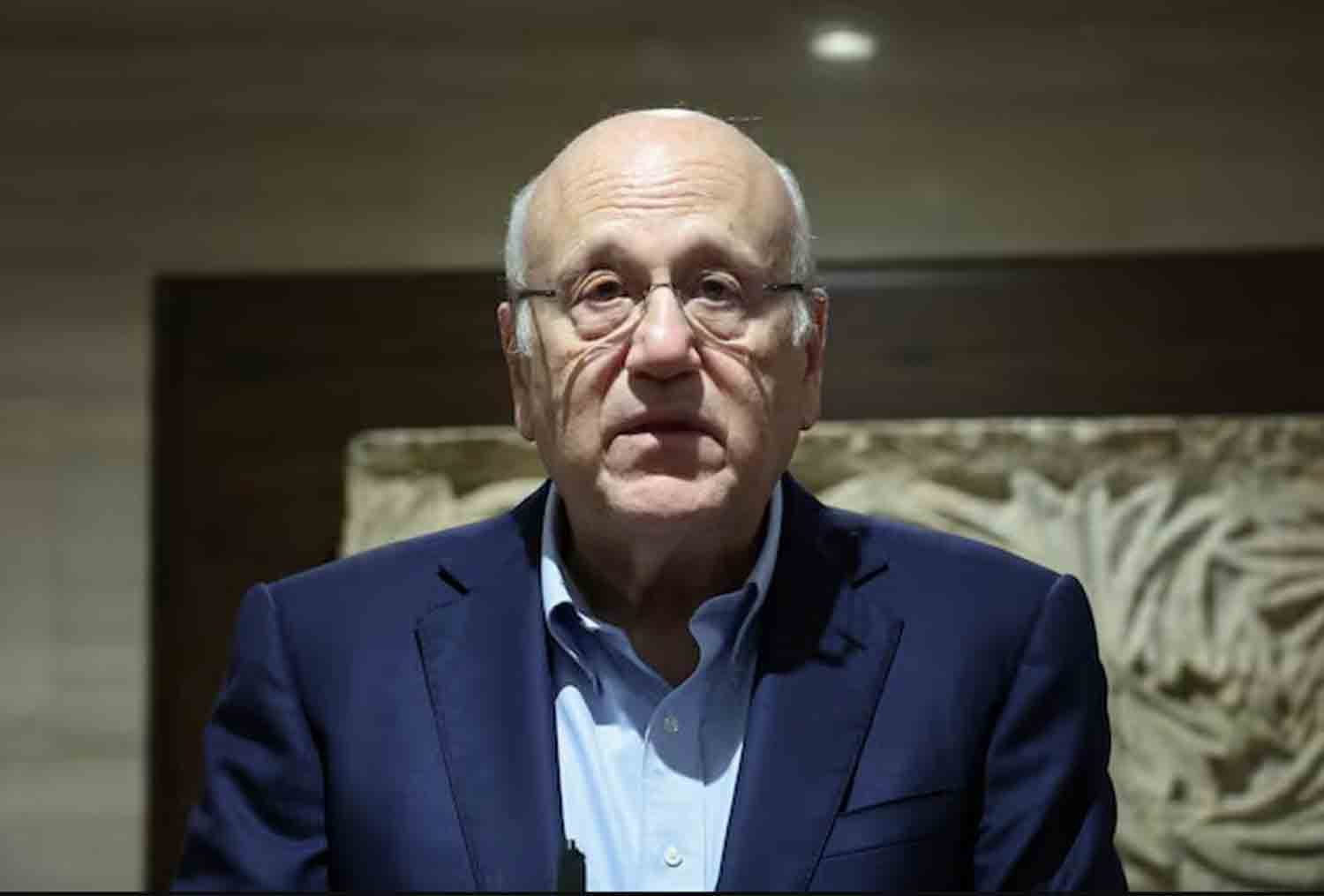U.S. mediators are currently developing a proposal aimed at ceasing hostilities between Israel and the Lebanese militant group Hezbollah, which would initiate a 60-day ceasefire, according to two sources on Wednesday. However, Israel has intensified its military actions, instructing residents to evacuate the eastern Lebanese city of Baalbek.
The sources, comprising an individual informed about the negotiations and a senior diplomat involved in Lebanon, informed Reuters that the two-month timeframe would be utilized to ensure the complete implementation of United Nations Security Council Resolution 1701, which was established in 2006 to maintain a weapons-free southern Lebanon outside of state control.
A U.S. official indicated that White House representatives Brett McGurk and Amos Hochstein are scheduled to visit Israel on Thursday to discuss various topics, including Gaza, Lebanon, hostages, Iran, and broader regional issues. This latest initiative occurs as Israel’s military campaign against the Iran-aligned Hezbollah in Lebanon continues to escalate. On Wednesday, the Israeli army issued its first evacuation order for Baalbek, where tens of thousands of predominantly Shi’ite Lebanese, many of whom had previously fled from other regions, are currently residing.
Such alerts are typically succeeded by intense bombardment, prompting Governor Bachir Khodr to urge residents to evacuate towards the north. Bilal Raad, the regional leader of the Lebanese civil defense, indicated that the predominantly volunteer team has been using megaphones to instruct residents to leave, following calls from individuals claiming to represent the Israeli military. “The streets are overcrowded, and the entire city is in a state of panic as people scramble to find safe locations, resulting in significant traffic congestion,” he remarked.
Many of the destinations they are heading to are already overwhelmed with displaced individuals. Antoine Habchi, a lawmaker from the Christian-majority area of Deir al-Ahmar, located northwest of Baalbek, reported that over 10,000 people were already taking refuge in homes, schools, and churches prior to the evacuation directive issued on Wednesday. “We are open to everyone, of course, but we urgently require government assistance to ensure these individuals do not have to endure the cold outdoors,” he stated to Reuters.
Hezbollah has announced that for the third consecutive day, there has been fierce combat with Israeli forces in or near the southern town of Khiyam, marking the furthest incursion by Israeli troops into Lebanon since the onset of hostilities.
On Tuesday, Israeli airstrikes in Sarafand, located in southern Lebanon, resulted in the deaths of at least 10 individuals, predominantly women and children. Additionally, a separate attack on the port city of Sidon claimed the lives of at least five people and left 37 others injured, according to Lebanese officials.
Significant Effort
Resolution 1701 has served as the foundation for discussions aimed at concluding the recent conflict between Israel and Hezbollah, which intensified alongside the war in Gaza and has seen a notable escalation over the past five weeks.
“We want to emphasize our commitment to a diplomatic solution that fully enacts 1701 and allows both Israeli and Lebanese citizens to return to their homes on either side of the border,” stated Sama Habib, spokesperson for the U.S. embassy in Beirut, in response to inquiries about the proposed plan.
U.S. envoy Hochstein mentioned to reporters in Beirut earlier this month that improved enforcement mechanisms are necessary, as neither Israel nor Lebanon has completely adhered to the resolution.
According to two sources who spoke to Reuters, a 60-day truce has now taken the place of a previous proposal from the United States and other nations, which suggested a 21-day ceasefire as a precursor to the full implementation of 1701.
However, both sources warned that the agreement could still collapse. “There is a significant effort underway to achieve a ceasefire, but realizing it remains challenging,” the diplomat remarked.
A source familiar with the discussions indicated that Israel continues to advocate for the capability to execute “direct enforcement” of the ceasefire through airstrikes or other military actions against Hezbollah in the event of a breach.
According to Israel’s Channel 12 television, the country is pursuing a strengthened version of U.N. Resolution 1701, which would permit intervention if Israel perceives a threat to its security. Lebanese officials noted that Lebanon has not yet received a formal briefing on the proposal and is unable to comment on its specifics.
The initiative for a ceasefire in Lebanon coincides with the upcoming U.S. presidential election and aligns with ongoing diplomatic efforts regarding Gaza. Israeli and U.S. officials are optimistic that Hezbollah may be inclined to distance itself from Hamas in Gaza, particularly following significant setbacks, including the death of its leader, Hassan Nasrallah, as reported by Axios.
Discover more from Defence Talks | Defense News Hub, Military Updates, Security Insights
Subscribe to get the latest posts sent to your email.





